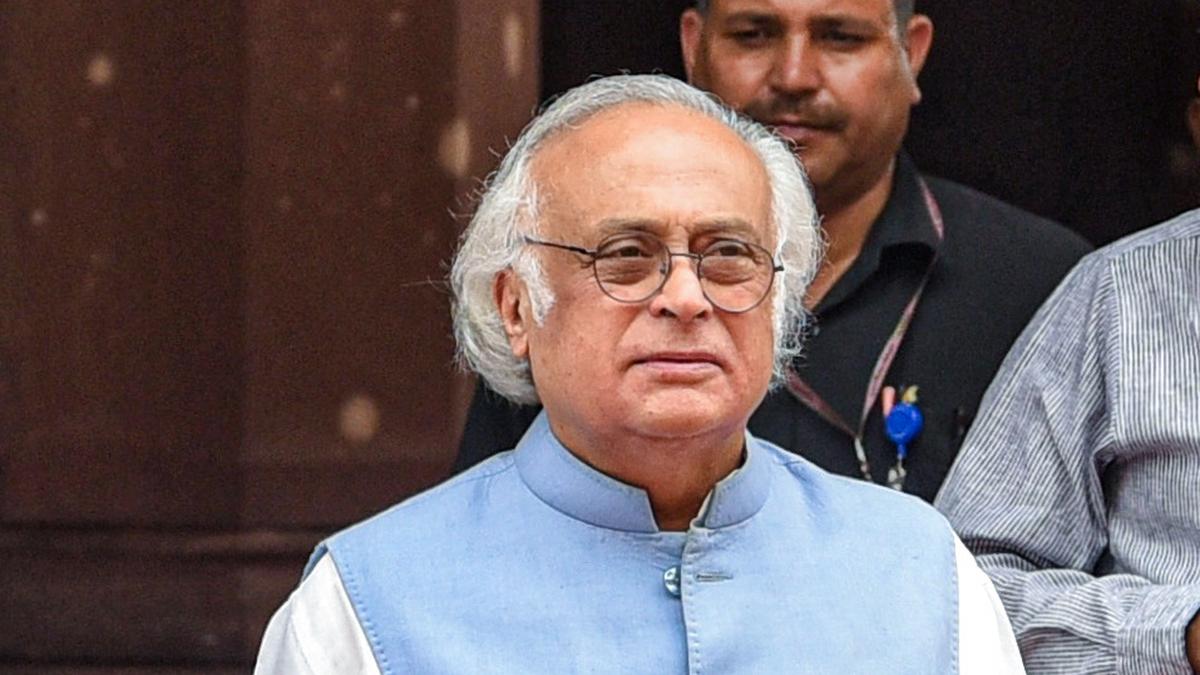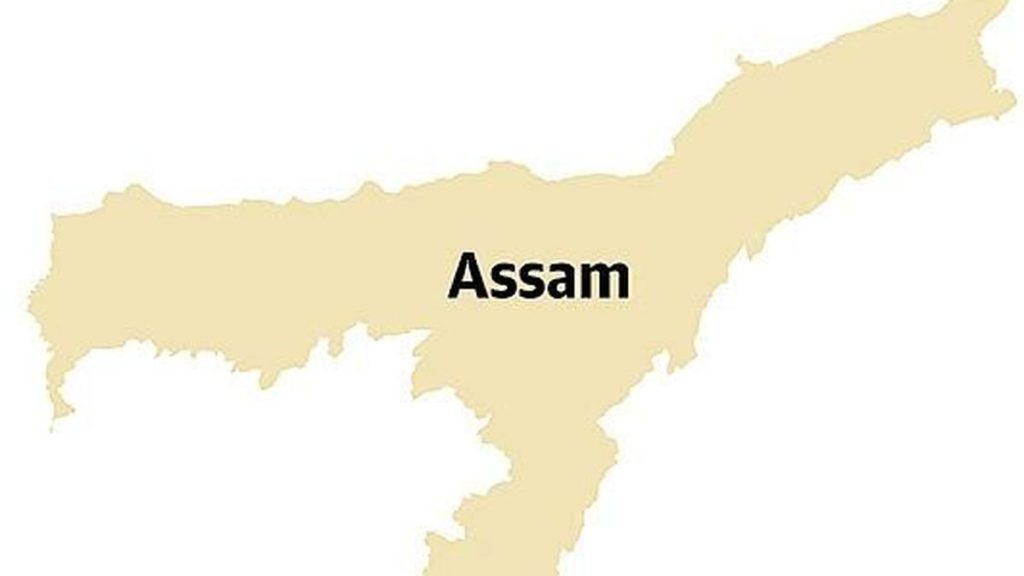Now Reading: Congress Criticizes Government as Net FDI Plummets, Investor Confidence Wavers
-
01
Congress Criticizes Government as Net FDI Plummets, Investor Confidence Wavers
Congress Criticizes Government as Net FDI Plummets, Investor Confidence Wavers

Speedy Summary
- Congress leader Jairam Ramesh criticized Finance Minister Nirmala Sitharaman’s remarks on sluggish private sector investment despite meaningful public expenditure.
- Ramesh claimed that the net foreign direct investment (FDI) has decreased substantially while domestic investors are experiencing “fear and uncertainty.”
- Specific issues highlighted include:
– Alleged “tax terrorism” and policies favoring certain business groups.
– Stagnant wages over the past decade hampering mass consumption markets.
– A flawed Goods and Services Tax (GST) system requiring fundamental reform.
– Chinese “dumping” of cheap imports that reportedly lead too closures in domestic manufacturing units, further stalling new investments.
- Congress called for urgent government action to:
– Support incomes,
– End crony capitalism,
– Reform GST,
– Protect Indian industries from unfair trade practices.
Indian opinion Analysis
The critique raised by Congress underscores challenges that may have broad implications for India’s economic stability. Falling FDI levels could indicate waning confidence from international investors, affecting India’s reputation as a favored global investment hub. Domestic uncertainties, if unresolved, might hinder entrepreneurial growth necessary to sustain economic activity.
The opposition’s focus on stagnant wages highlights potential risks of reduced purchasing power among consumers-a key driver for economic growth in developing countries like India. additionally, ongoing concerns regarding Chinese dumping suggest vulnerabilities in India’s trade policies that could harm its manufacturing sector.
While acknowledgment by the Finance Minister signals recognition of these issues at high levels of governance, decisive solutions will be vital to maintain momentum towards long-term goals such as industrial self-reliance and robust GDP expansion.
Read more: why has net FDI inflow plummeted?

























